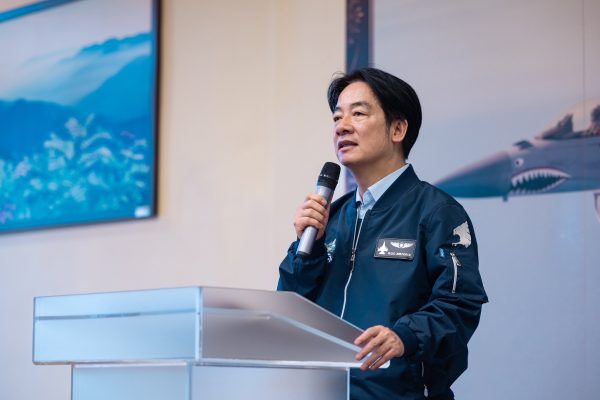Photo credit Source : thediplomat.com
Examining President Lai Ching-te’s National Security Team: Priorities and Appointments
President Lai Ching-te’s national security team appointments have shed light on his leadership priorities and the direction he intends to take Taiwan in terms of U.S.-Taiwan relations, cross-strait relations, and global diplomacy and foreign policy.
The composition of President Lai’s national security team, largely drawn from his predecessor Tsai Ing-wen’s Cabinet members, indicates a continuation of Tsai’s steady and unprovocative national security policies. This move is seen as a way to maintain trust with the Biden administration and other democratic partners, manage cross-strait risks, and uphold peace and stability in the region.
The appointments of Wellington Koo as defense minister and Lin Chia-lung as foreign minister have raised some eyebrows due to their backgrounds. Koo, a civilian-background defense minister, brings a diverse skill set that may help in interagency coordination and defense tasks. Lin, despite his relatively short track record in diplomatic work, is expected to sustain and expand Taiwan’s international relationships.
Tsai Ming-yen’s retention as director-general of the National Security Bureau highlights his extensive experience and expertise in national security and diplomacy. His background as an international affairs academic and his engagement with think tanks and diplomacy are expected to broaden intelligence cooperation with key partners.
Joseph Wu’s appointment as secretary-general of the National Security Council for the second time signifies his role in crafting overall strategies related to cross-strait relations, U.S.-China competition, national defense, and the geopolitics of the Indo-Pacific. His return to the NSC is seen as a transition to the backstage of national security theater.
Overall, President Lai’s national security team’s top priorities include maintaining peace and stability across the Taiwan Strait, strengthening national defense, improving economic security, exhibiting stable cross-strait leadership, and pushing for values-based diplomacy. They also need to prepare for potential outcomes of the U.S. presidential race and navigate an uncertain geopolitical landscape. In the economic realm, maintaining the peaceful status quo is crucial for Taiwan’s economic prowess and its key partner countries’ interests.


